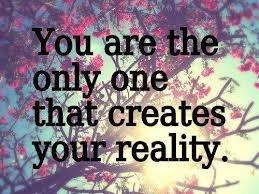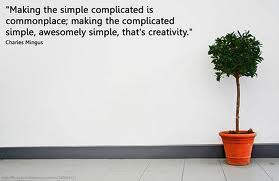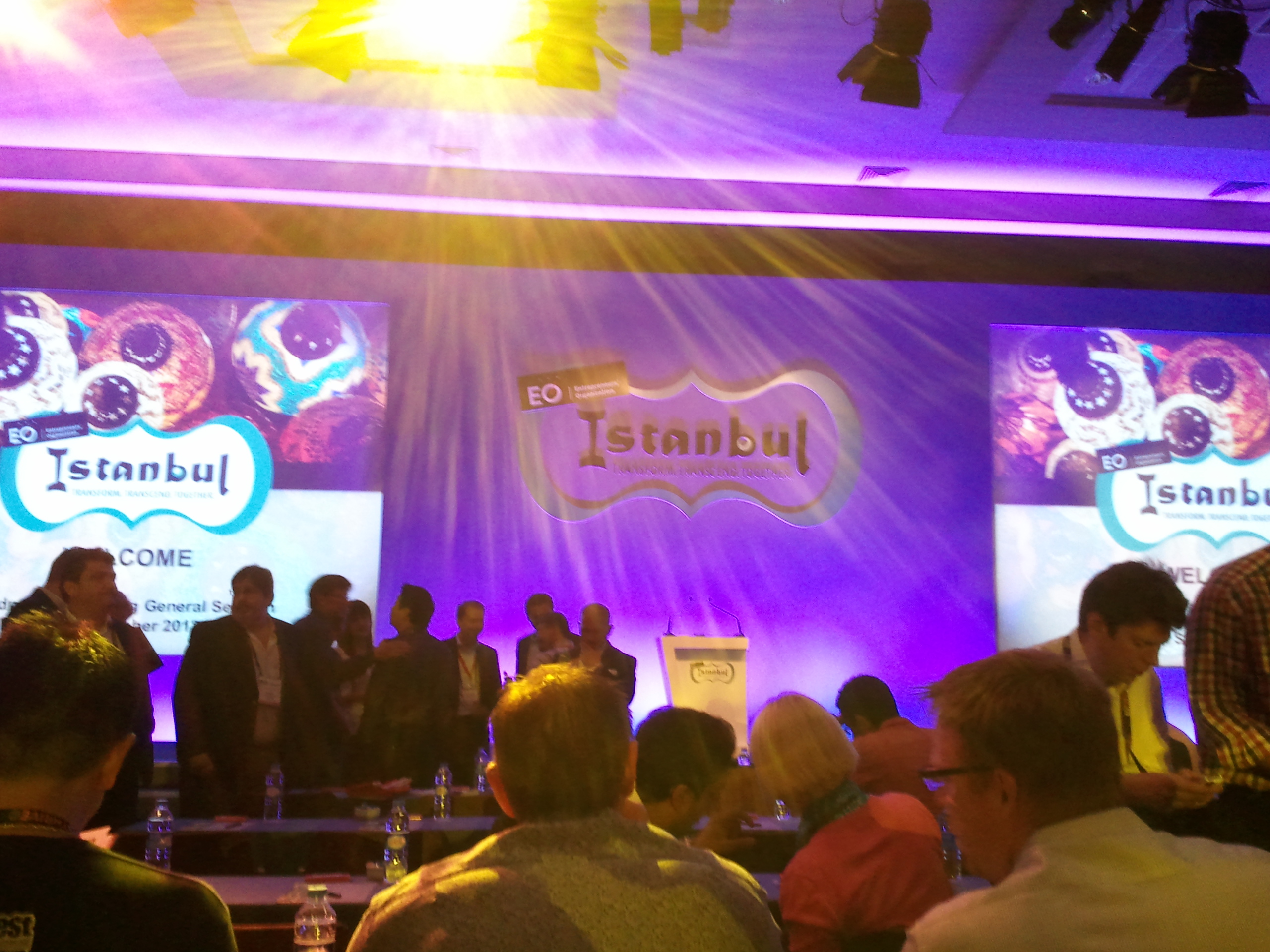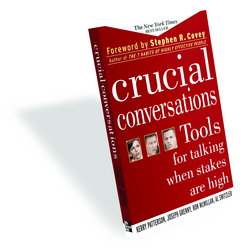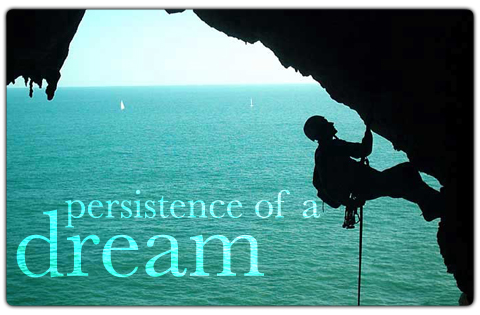The Dark Secrets of Entrepreneurs
 Not a lot is written about how hard being an entrepreneur can really be, so it was very nice to see an article about the deep struggles that those at the top, who running a business, can deal with at times. The article is called The Physiological Price of Entrepreneurship, and I thank my EO forum mate Vonda White for sharing.
Not a lot is written about how hard being an entrepreneur can really be, so it was very nice to see an article about the deep struggles that those at the top, who running a business, can deal with at times. The article is called The Physiological Price of Entrepreneurship, and I thank my EO forum mate Vonda White for sharing.
I think we don’t see a lot of this because the entrepreneur is frequently glamorized. You don’t often hear about the struggles and the ones that don’t make it after the hard work, sacrifices and money have been invested. Where is the glamor in that story? It is very lonely in that position because you can’t really talk to anyone about your struggles. If you do, then employees, customers and service providers will run from you and everything will fall apart anyway.
It was interesting in the article how they shared the story of Bradley Smith, whose company’s sales are now at $32 million, has grown 1,400 percent in three years, and is now 310 on the INC 500 list. What happened before that is what makes it interesting. In 2008, Bradley was consulting with clients on their debt when his debt had skyrocketed and he would think listening to them, “I’ve got twice as much debt as you do.”
With the 401(k) cashed in, a $60,000 line of credit, his Rolex sold, and going to his dad to ask for money, Bradley was in a bad situation. He and his wife would drink a $5 bottle of wine for dinner and contemplate how close they were to the edge. Then, his wife got pregnant with their first, and Bradley would stare at the ceiling at 4 a.m., wondering when it would turn around.
Bradley did turn it around, but as you can see from various other stories in the article, some have gone to the extreme of committing suicide, with even more contemplating it as their only way out.
This is the struggle that those on the outside don’t see and those on the inside find it hard to discuss with others. I find it somewhat insulting for those on the outside that vilify the successful entrepreneur and make it look like either they got there by being born to success, or because they are privileged in some way. In my experience, both scenarios are rare and most entrepreneurs work hard, sacrifice and push it to the edge to get the success they want. It is just that everyone around us only sees the material things and good life, and not all the gut-wrenching agony that we have gone through.
One of the powerful aspects about The Entrepreneur’s Organization and the Forum meetings that go with them, is that they are safe outlets for members to share and help each to get past these situations. Vonda said it well when she shared the article, “This is an important reminder why Forum is so important – so we can share the really deep, dark struggles of being an entrepreneur.
As an entrepreneur, how are you dealing with the loneliness and the struggles of running and leading a company?
